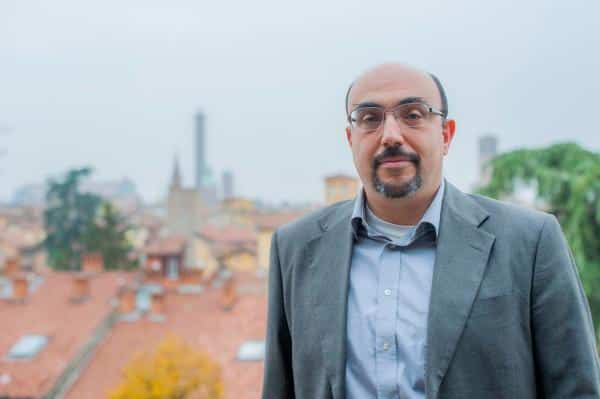Eugene Finkel
Professor, Johns Hopkins UniversityEugene Finkel is Kenneth H. Keller Professor of International Affairs at the Johns Hopkins University School of Advanced International Studies.
Read more

A joint initiative between the University of Bergen
and CMI – Chr. Michelsen Institute
Russia’s full-scale invasion of Ukraine is the most important event in Europe since the collapse of the Soviet Union and arguably the major global geopolitical development since 9/11.
In Eugene Finkel’s recent book Intent to Destroy he uncovers the roots of the Russo-Ukrainian War. His main argument is that violence and repression are deeply rooted in the history of Russo-Ukrainian relations.
Since the mid-19th century, dominating Ukraine and denying Ukrainians an independent identity, let alone a state, has been the cornerstone of Imperial, Soviet and eventually, post-Soviet Russian policies.
More specifically, Finkel shows that Russian and Soviet policies were driven by two factors: identity and security. The idea of the shared origin and fraternity of Russians and Ukrainians is a staple of Russian self-perception and historiography.
The second key factor is security. Western powers often passed through Ukraine to attack Russia; Ukraine’s fertile soil was crucial to feeding and funding the Russian and Soviet Empires. Even more than geopolitics, it was regime stability that drove Moscow and St. Petersburg’s obsessive focus on Ukraine.
Nothing scares a Russian autocrat more than a democratic Ukraine, because if Ukrainians can build a democracy, then the supposedly fraternal Russian people might too. Thus, combined, identity, security, and the interaction between the two drive Russia’s policies towards Ukraine since the 19th century.
Facebook eventEugene Finkel is Kenneth H. Keller Professor of International Affairs at the Johns Hopkins University School of Advanced International Studies.
Read moreProfessor of Comparative Politics at the University of Bergen. His research focuses on issues of identity and public opinion in the former Soviet Union.
Read more
Eugene Finkel is Kenneth H. Keller Professor of International Affairs at the Johns Hopkins University School of Advanced International Studies.
The author or coauthor of three previous books, his writing has appeared in the Washington Post, Los Angeles Times, and Foreign Affairs. He was born in Lviv, Ukraine, and lives in Bologna, Italy.

Professor of Comparative Politics at the University of Bergen. His research focuses on issues of identity and public opinion in the former Soviet Union.